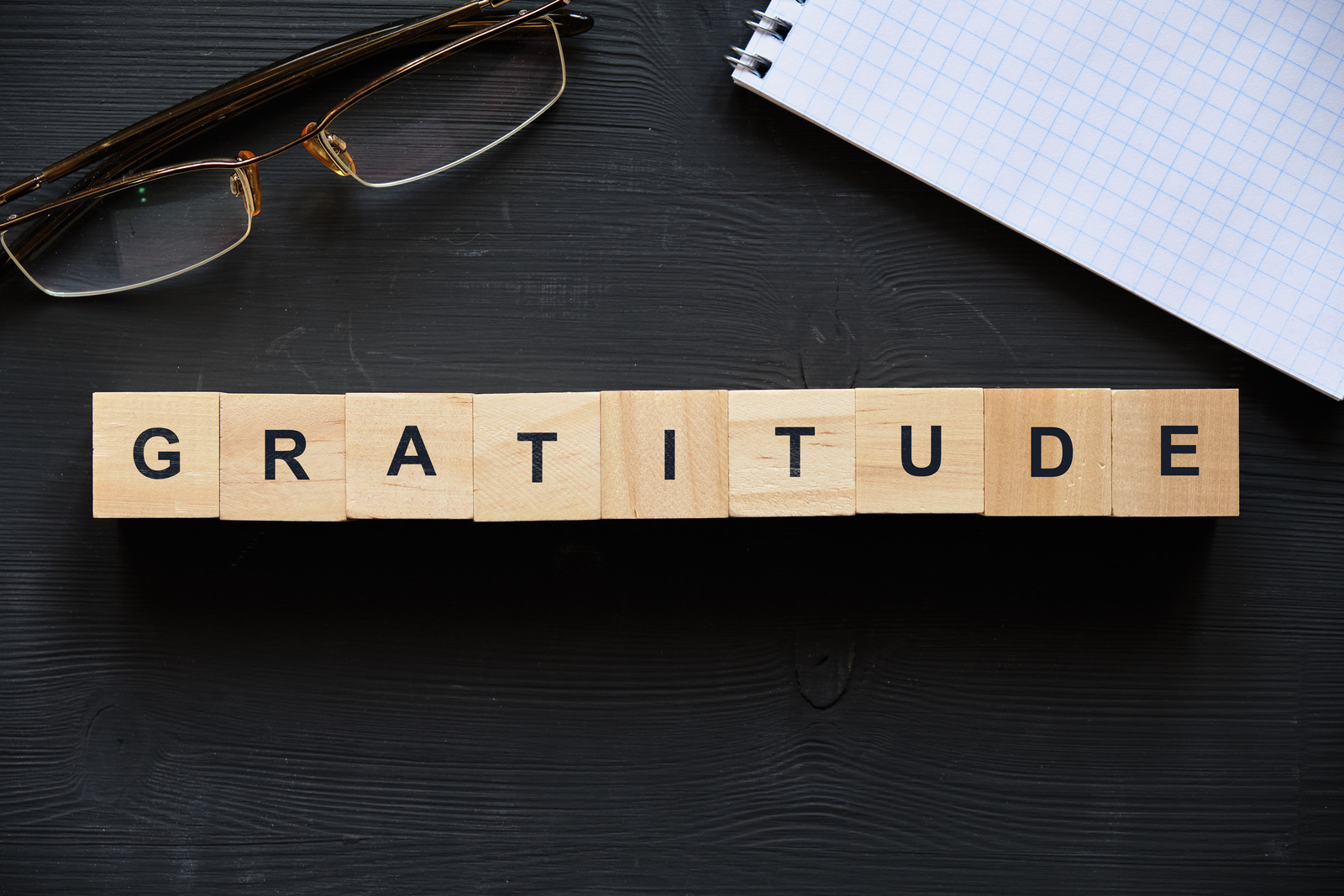People often struggle to answer the question, “What is gratitude?” and for good reason:
How does one define something as vast and complex as this emotion?
But even though no two people may define it exactly the same way, everyone can agree that gratitude is a positive emotional state we experience when we recognize and appreciate all that we already have in our lives.
The simplest explanation of gratitude is that it’s the ability to recognize all good things in our lives, even the things that may seem insignificant or mundane, and truly appreciate them.
In a world that is moving faster every day, it’s becoming increasingly more difficult to embrace this sense of goodness in our lives.
But what exactly causes gratitude? Why should we feel grateful instead of ungrateful for the many gifts life throws at us every day? And why might practicing gratitude lead to a happier and healthier existence? Read on to find out.
Gratitude: The Gateway to Happiness and Health

Many people who practice gratitude every day report that it is one of the best things they can do for their immense well-being, happiness, and health. According to Robert A. Emmons , Professor Emeritus of Psychology and a leading expert on gratitude, “Gratitude is a choice you make. It’s a voluntary psychological attitude that builds upon appreciative reflections about what we’ve received from others and from the world around us.”
According to Emmons’ research, practicing gratitude can lead to better physical health, improved mental health, better subjective well-being (overall happiness), and even increased energy levels.
Gratitude may also lead to lower blood pressure, less depression , more exercise, better sleep habits , an enhanced immune response , less materialism , greater life satisfaction , and higher self-esteem
Gratitude is so powerful that it has even been shown to affect our DNA. According to a study in Psychoneuroendocrinology, practicing gratitude can actually alter the genetic expression of our cells by increasing positive emotions and decreasing negative ones.
The Benefits of Gratitude
Physical
- Stronger immune systems
- Less bothered by aches and pains
- Lower blood pressure
- Exercise more and take better care of their health
- Sleep longer and feel more refreshed upon waking
- Experience less depression
Psychological
- Higher levels of positive emotions
- More alert, alive, and awake
- More joy and pleasure
- More optimism and happiness
- Greater self-esteem
Social
- More helpful, generous, and compassionate
- More forgiving
- More outgoing
- Less materialistic attitudes
What does gratitude look like?
Gratitude looks like waking up in the morning to your alarm clock blaring, and instead of hitting snooze or throwing your covers back over your head, dreading going to work– you get out of bed feeling excited for the day ahead, thankful that you are alive, healthy, and have the opportunity to live life another day.
Gratitude looks like getting a flat tire on your way to work, and instead of getting angry at the inconvenience, you are reminded how lucky you are to have access to a car that can get you from point A to point B.
Gratitude looks like being stuck in traffic for the third time that day, and instead of getting upset at the delay, you are reminded how great it is to have alone time to listen to your favorite songs or podcast.
Why would you want to find the gratitude in things?
Simple. Feeling good is the ultimate goal. Why not find a way to feel good, even in the midst of chaos?
By learning to find gratitude in all of our experiences, we can improve our overall happiness and well-being.
This is because we are effectively training our brains to look for “the positive” in our lives instead of automatically defaulting to negative-over-thinking when something goes wrong.
Of course it is impossible to think positively all the time, thats hardly the point. The point is that when we train our brains to become “friends” with the bad situation so much so, that it becomes easier and easier to get through problems in our lives.
The more we do that, the less reactive we are to problems in the future, because our brains have been trained.
It is all about repetition and training your brain to see “the positive” when things go wrong.
For example, if you get in a car accident, it’s not uncommon for most people to be eaten up with worry or anxiety that it is going to happen again. With all that fear and negative thinking building up, guess what… you attract more negative things that you fear.
But by applying and practicing gratitude to the experience, we can train our brains to become less reactive and less fearful of future accidents, therefor attracting more positive aspects into our lives, like meeting an amazing new person or getting a promotion at work.
Why should you practice gratitude?

People who practice gratitude tend to have a heightened awareness of what is good in their lives, and embrace those things as blessings. In other words, they feel lucky to have the good things that come into their lives every day, not entitled or expectant of them. This allows them to stay humble and grounded, instead of losing touch with reality and becoming self-absorbed.
Gratitude is also a full embrace of the present moment, not only acknowledging what we have right now but truly appreciating it as if it was our last moment to live.
This feeling of gratitude can be cultivated through various practices.
Here are five simple steps you can take towards being more grateful today:
1. Take a few minutes each morning to simply think about all the things you’re grateful for in your life.
2. Take time out of each day to do something you love doing, even if it’s just 15 minutes to yourself.
3. Take the time to recognize a bad feeling inside of you, and become “friends” with that feeling somehow, whatever that may mean to you.
4. Tell someone you love why they are special to you.
5. Forgive someone. Even if it is yourself.
Gratitude can improve all areas of your life: Your health, relationships, work life and more. It’s like a shortcut to feeling happier and more satisfied with your life, because you aren’t taking it for granted.
Gratitude is my favorite paradox. It’s like…if you want greater things in your life, you fist have to love the life you have in this very moment. Right here, right now.
And what better way to help yourself achieve that then by choosing to feel good through it?









